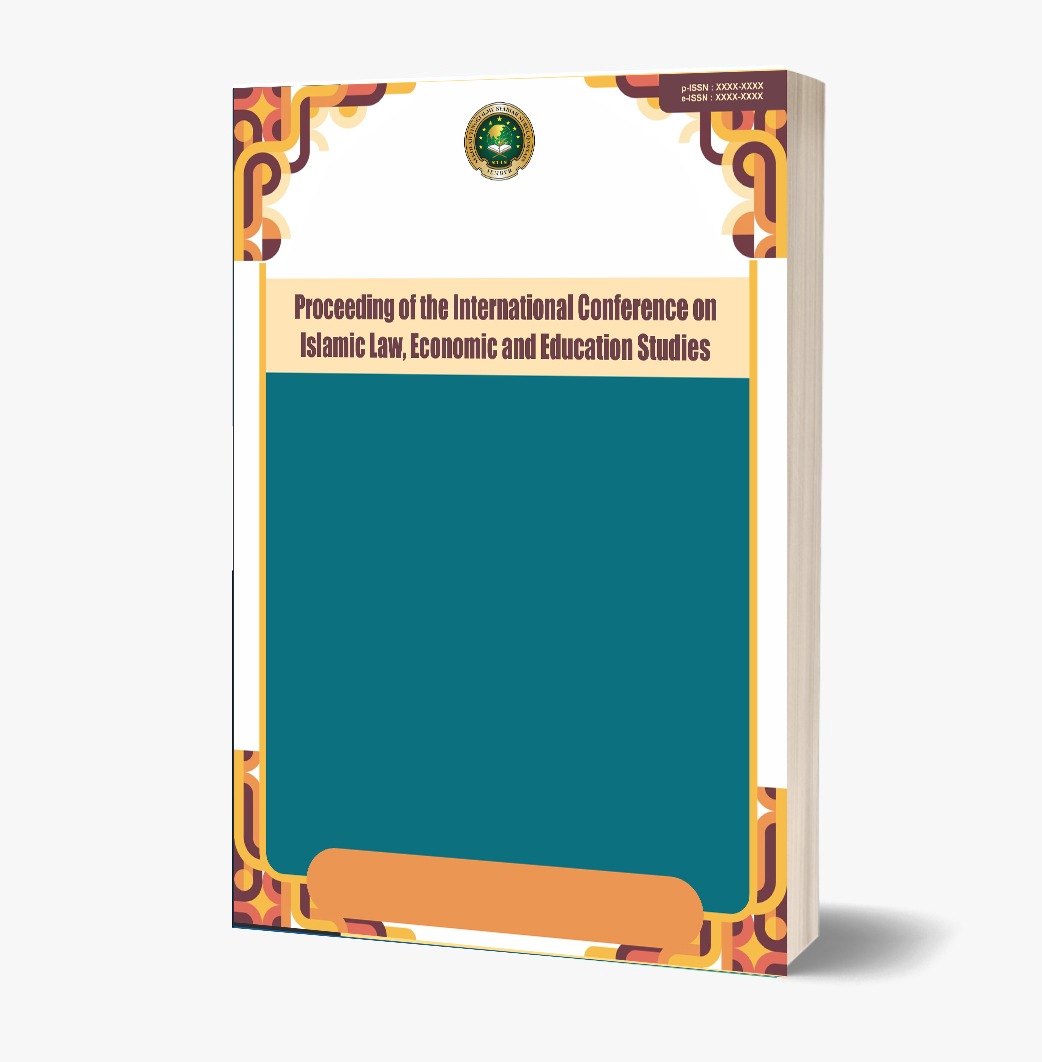Position Child Results Adultery and Treatment About it in Islamic Family Law in Indonesia
Keywords:
Child Result Adultery, Determination Of Origin Child, Fatwa, Council Scholar IndonesiaAbstract
In study to Fatwa MUI No. 11 Year 2012, study This find that the MUI Fatwa No. 11 of 2012 has contributed to Islamic family law in Indonesia in 2 (two) forms. First, the fatwa plays a role in the development of the substance of Islamic family law because it has provided clarification and explanation of the Constitutional Court Decision Number 46/PUU-VIII/2010, regulating the prohibition of adultery, as a recommendation for the Government in drafting laws and regulations related to adultery, and providing legal protection for children resulting from adultery. Second, the fatwa contributes at a practical level in the Religious Court as a guideline for Judges, filling legal gaps, and as a source of material law.
References
Adams, W. (2004). Patterns of absorption of fatwas of the Indonesian Ulema Council (MUI) in legislation 1975-1997. Jakarta: Department of Religion of the Republic of Indonesia.
Amar. (2010). Decision of the Constitutional Court No. 46/PUU-VIII/2010.
Article 1 Number 7 of the Organizational Regulations of the Indonesian Ulema Council concerning guidelines for determining fatwas of the Indonesian Ulema Council.
Constitutional Court. (2012). Decision on the status of children born outside of marriage overdose. Retrieved from http://news.detik.com/berita/1866192/mui-nilai-mk-decision-regarding-children-status-in-l
Ghafir, M. A. (2018). Child adultery in view of Islam. Sheikh: Journal of Education and Islamic Institutions, 9(1).
IKAHI Semarang High Religious Court Branch. (2012). Formulation of discussion results on the position of children born out of wedlock after Constitutional Court Decision Number 46/PUU-VIII/2010 dated February 17, 2012. Paper presented at the IKAHI Semarang High Religious Court Branch discussion, Semarang, April 11.
Indonesian Ulema Council Fatwa Number 11 of 2012 concerning the position of children resulting from adultery and their treatment.
Kamaludiningrat, K. R. T. Drs. H. A. M. (2017). Opinion in focus group discussion held in Yogyakarta, May 27.
Mukti Arto. (2012). Justice religion in the system of state administration in Indonesia: A historical, philosophical, ideological, political, juridical, futuristic, and pragmatic study. Yogyakarta: Library Students.
Mukti Arto. (2015). Islamic law reform through judges' decisions. Yogyakarta: Pustaka Pelajar.
Musawwamah, S. (2013). Pros and cons of the Constitutional Court decision on the validation of civil relations of children born outside of marriage with biological fathers. Nuansa, 10(1), January-June.
Salim, H. N., & Setyawati, L. M. (2017). Opinion at the focus group discussion in Yogyakarta, May 27.
Supreme Court. (2013). Guidelines for the implementation of duties and administration of religious courts: Book II. Jakarta: Directorate General of Religious Courts, Supreme Court.





